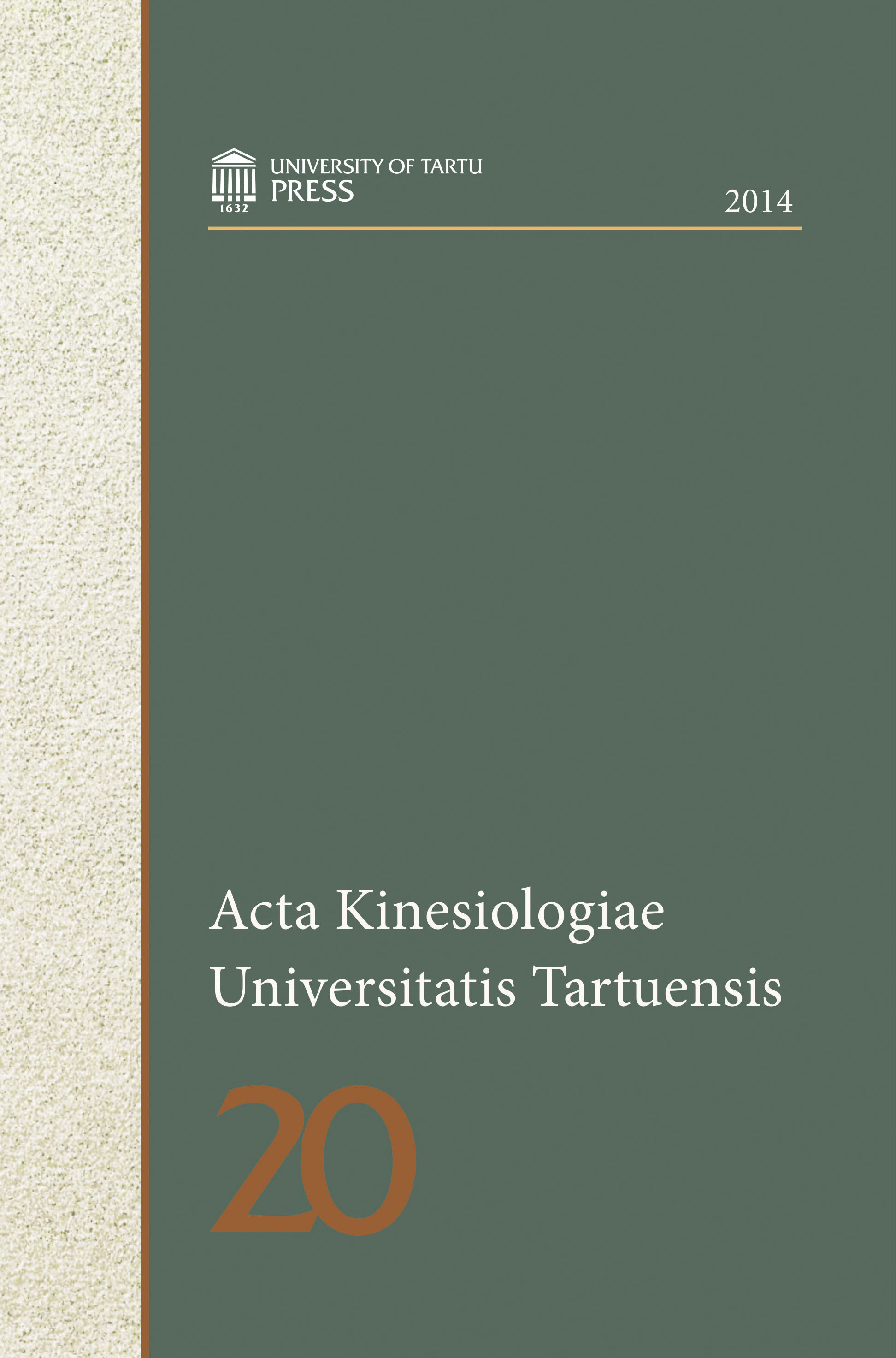Practical uses of genetic profile assessment in athletic training – an illustrative case study
DOI:
https://doi.org/10.12697/akut.2014.20.03Keywords:
genetic profile, athletic success, training process, individualized training regimenAbstract
Recent studies suggested that several potential genes may explain athletic success. However, while genetic assessment will probably become part of future talent identification, at present, genetic testing predictive value is poor, mainly because athletic success depends on a combination of genetic, physiological, behavioral and environmental factors (including coaching, medical, nutritional, psychological, equipment, facilities and administrative aspects). However, one should consider genetic testing not only for talent identification or sport event selection, but also for possible assistance in the training process itself. In the present case study we show an example of potential practical use of genetic profile assessment for improving the athletic training process. We deliberately chose a case study of a national-level athlete to show that genetic aid should not be limited to top world-class athletes.Downloads
Download data is not yet available.


